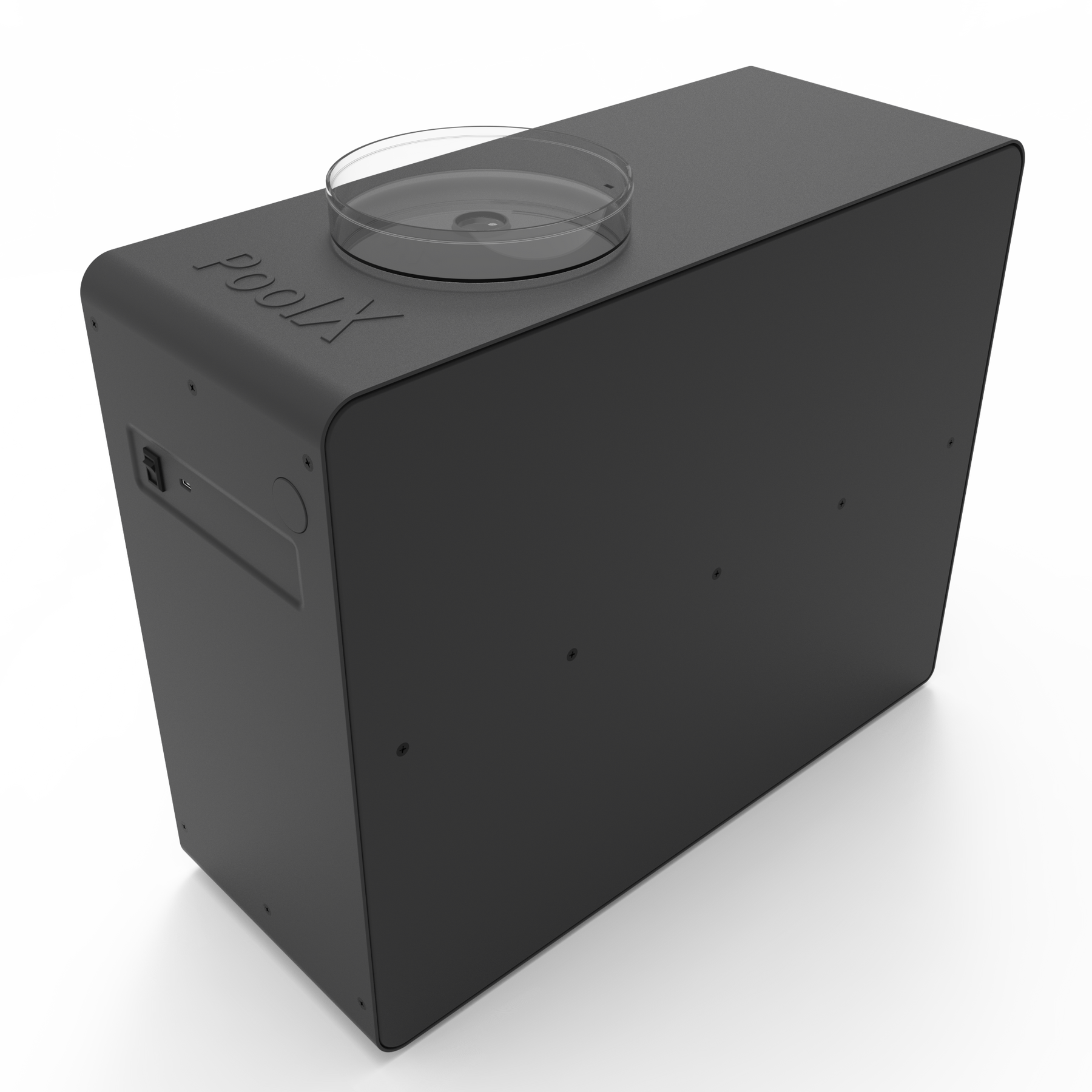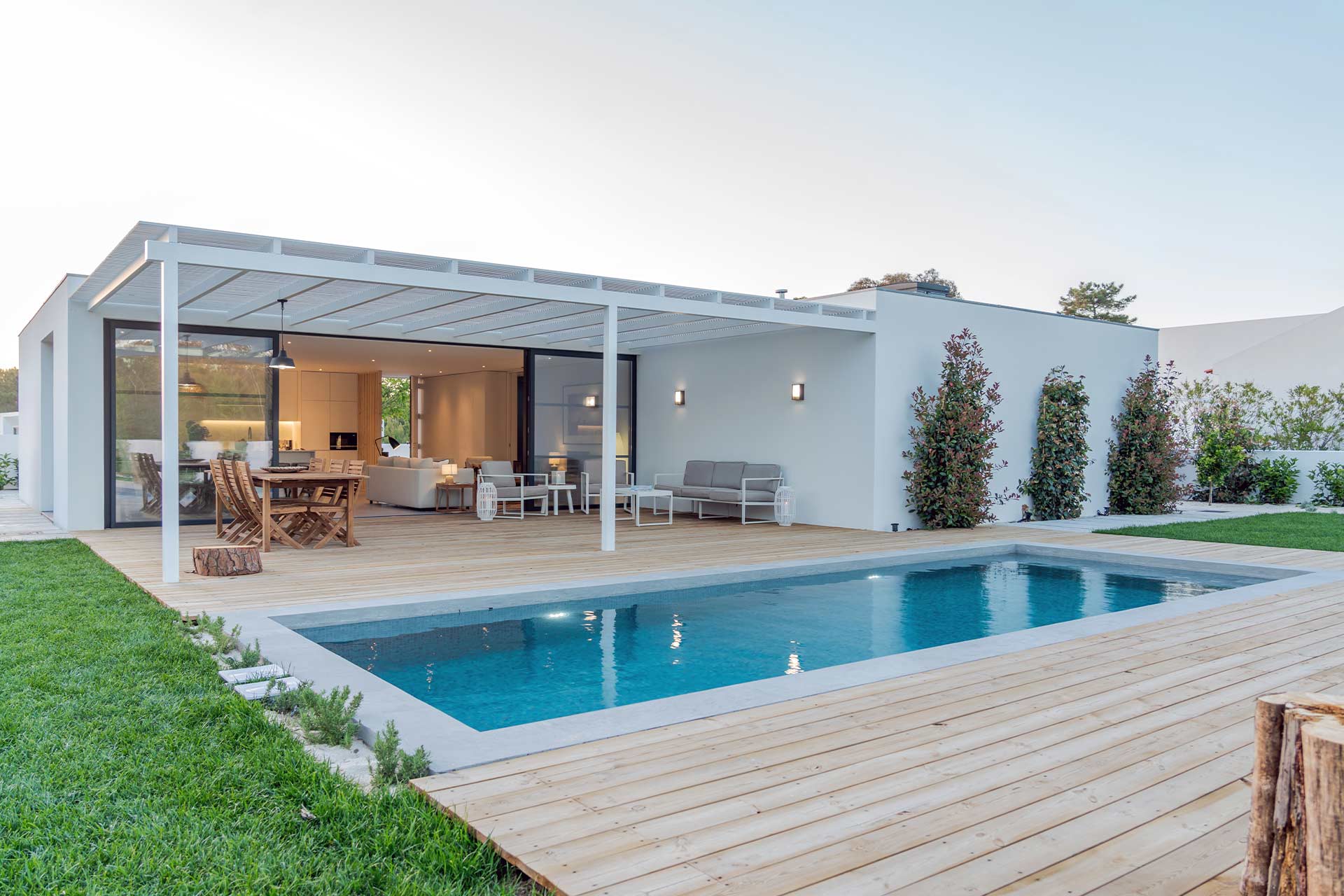When heavy rain hits, it can cause an otherwise tranquil pool to overflow. Knowing what to do if your pool is overflowing from rain can save you a lot of trouble and potential damage. In this article, we’ll provide delighted homeowners with a comprehensive guide on handling and preventing pool overflow.

Understanding Pool Overflow
The first step in managing an overflowing pool is to understand what causes the overflow. Heavy rainfall can overwhelm your pool’s water management systems, leading to excess water. When your pool overflows, it can lead to several issues, including damage to your pool equipment, landscaping, and even your home.
Potential Risks of an Overflowing Pool
Some of the primary concerns of a pool overflow include:
- Damage to pool equipment and infrastructure
- Flooding in the surrounding areas
- Soil erosion around the pool

Immediate Steps to Take When Your Pool Overflows
1. Turn Off Utilities
The first thing you should do is turn off all electrical utilities connected to your pool. Water and electricity can be a dangerous combination.
2. Assess the Water Level
Next, assess the water level in your pool. If the water has risen above the pool deck, you’ll need to act quickly to prevent more damage.

Draining the Excess Water
1. Use a Submersible Pump
A submersible pump is an excellent tool for removing excess water from your pool. It’s efficient and can handle large volumes of water.
2. Backwash the Pool Filter
Another method for reducing the water level is to backwash your pool filter. This will help to remove the water quickly and efficiently.
3. Open the Drain Valves
If your pool is equipped with drain valves, opening them can also help to reduce the water level. Ensure you direct the water away from your home and other structures.
Preventive Measures for Future
1. Install a Pool Overflow System
A pool overflow system can help manage excess rainwater and prevent future overflows. These systems are designed to automatically remove excess water when the pool reaches a certain level.
2. Regular Maintenance
Regular maintenance of your pool’s drainage system can also help prevent overflow. Ensure that the drains are clear of debris and functioning correctly.
FAQs
Can pool overflow damage my home?
Yes, if the water seeps into your home’s foundation, it can cause significant damage. It’s essential to manage the overflow promptly.
How often should I maintain my pool’s drainage system?
It’s recommended to check your pool’s drainage system every few months, especially before the rainy season.
Do pool overflow systems work for all types of pools?
Most modern pool overflow systems are designed to work with various types of pools. However, it’s always best to consult with a pool professional to ensure compatibility.
As an Amazon Associate, I earn from qualifying purchases.

